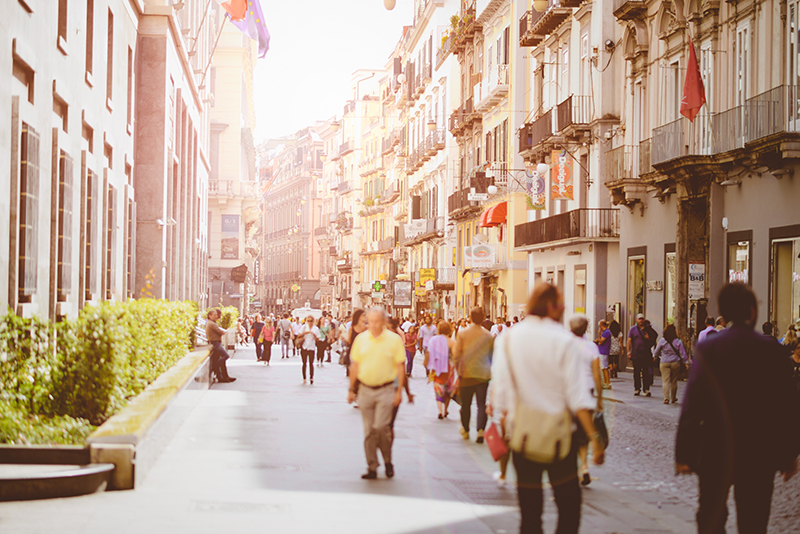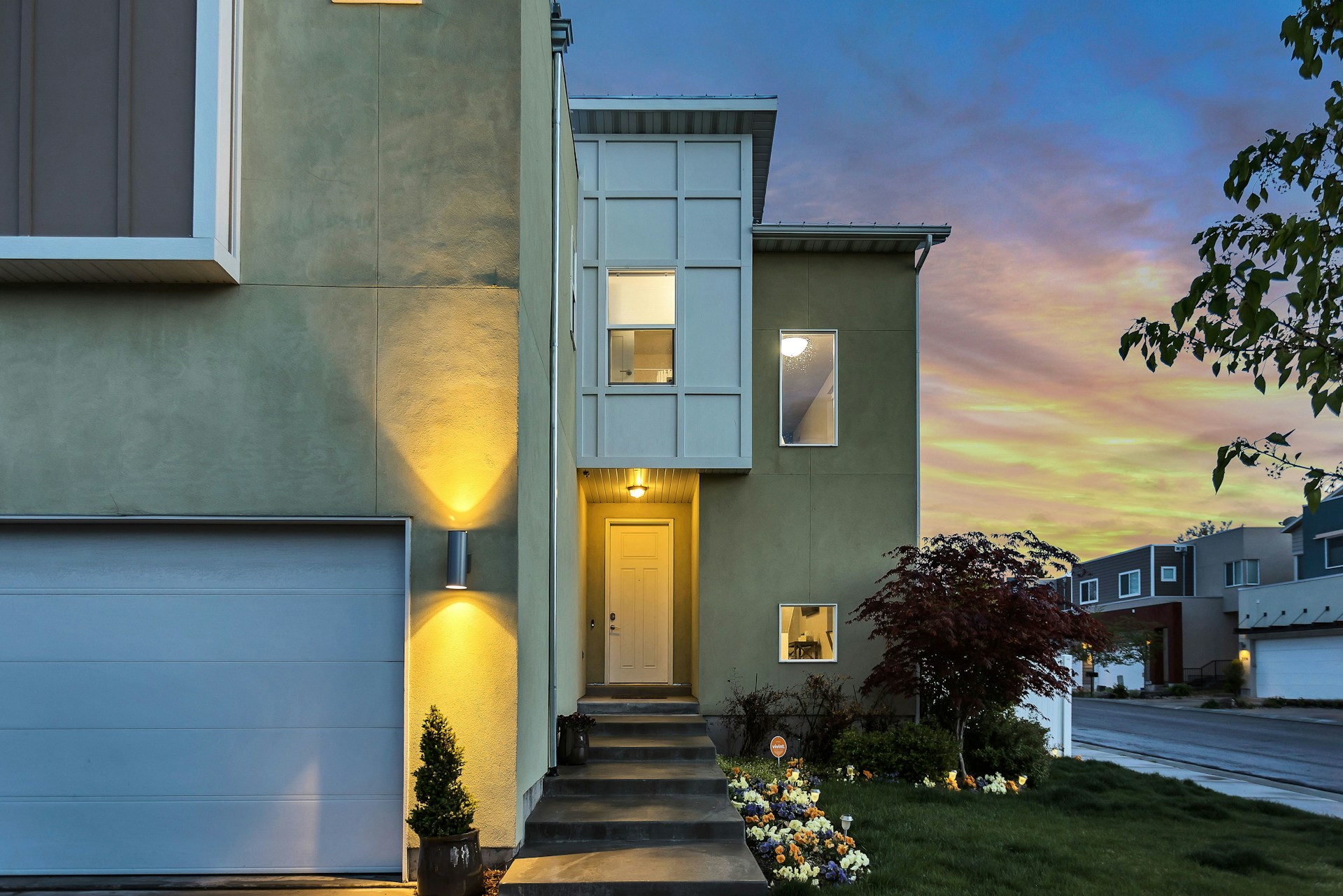Because the debate is often considered one of semantics, the words “tourist” and “traveler” are often used interchangeably. However, depending on how deep into the philosophy, and the local culture, you care to go, the two types of vacationers can have some very real differences…
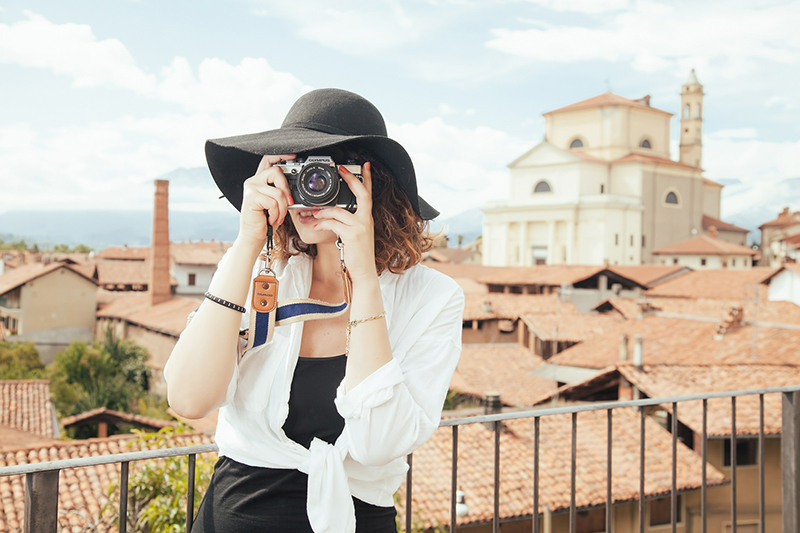
In the standard tourist vs. traveler debate, a traveler is typically someone who is more interested in exploring the lesser-traveled areas and learning about the local customs and culture, whereas a tourist is visiting somewhere mainly to see the better-known sights.
Tourists
For some reason, tourists often get a bad name. However, tourists pump millions of dollars into local economies around the world each year, and places like Disney World would have no reason to exist if it wasn’t for tourists. By definition, “tour” means to journey to several different places for pleasure. To this end, as a tourist, you must squeeze as much sightseeing as possible into the time you have. Generally speaking, there are many more vacationers who fit the tourist profile. This is simply because most people on vacation have only a week or two to see as much as they can, before they have to go back to their real life of work and responsibilities.
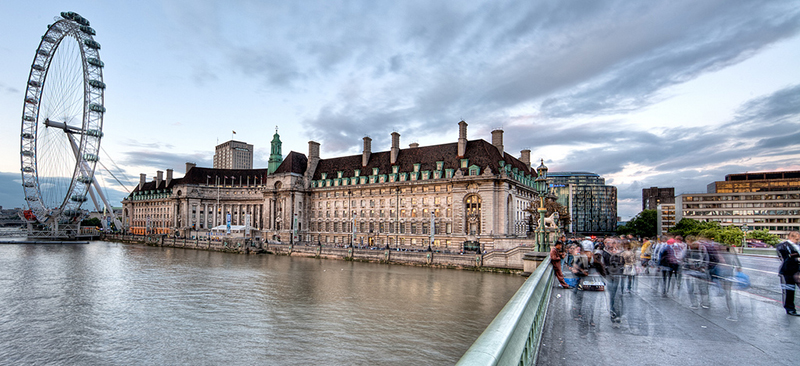
Photo by Greg Westfall / CC BY
As a tourist, you will typically travel light, with your guide book and compact camera at the ready. You will usually be spending only a few nights in one location before moving on. You may travel in a group, such as with an organized tour, or just a group of friends or family members. When traveling abroad, you won’t have much time to learn new languages and become familiar with local customs, but you will see a lot. During a typical two-week vacation to Europe you could see the Eiffel Tower in Paris, the Roman Coliseum, Heidelberg Castle in Germany and run with the bulls in Pamplona — or just watch if you’re really smart.
While being a tourist has some advantages, there are a few things to keep in mind. Making the smallest effort to blend in will earn you a lot of respect from locals. Research how locals dress and pack accordingly. Walk, bike or take local transportation, instead of going on guided tours, to see the area as locals do, and don’t allow your guidebook dictate your schedule.
Travelers
As opposed to tourists, as a traveler you will usually have a less-strict schedule that allows you to spend more time in one area, exploring the lesser known regions and attempting to immerse yourself in the local culture. This can be true whether traveling at home or abroad. For example, whereas a tourist visiting Yellowstone National Park would stop at the attractions along the roadside, such as Old Faithful, and then be off to the Grand Tetons, a traveler would spend a week hiking or mountain biking the trails, getting away from the “tourists” to explore the park’s magnificent backcountry.
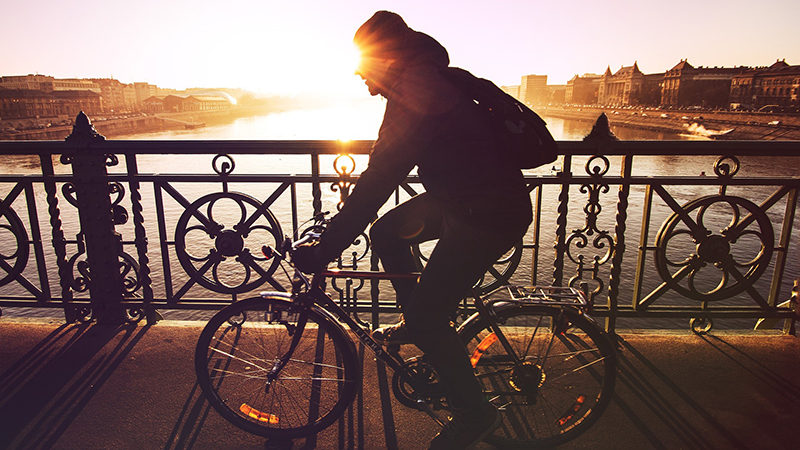
As a traveler your goal is more to learn about new things and spend more time interacting with the locals. This is best done by frequenting local hangouts, such as the town square or cantina, and engaging people in conversations to learn about the area’s history and what sort of things the residents do for fun.
Travelers will typically pack differently than tourists, such as bringing an entire arsenal of photography equipment, instead of just a compact digital camera, when visiting places like Africa. While they sometimes like to get away from the throngs, and explore off the beaten path, being a traveler never means passing up some of the popular attractions listed in the tourist-guide book, such as the Louvre Museum in Paris.
In Conclusion
There is no need to commit to being one or the other, as being a traveler or a tourist has advantages, and the way you see yourself can help you get the most out of every vacation. Taking a whirlwind tour of Europe as a tourist will give you time to hit all the big attractions in as many different countries as possible. However, being a traveler will suit you best when headed out into the Australian bush for an extended walkabout. Of course, there is no written rule that says you can’t be a traveler one day and a tourist the next, or become a hybrid of both. The only real rule is to have fun.
